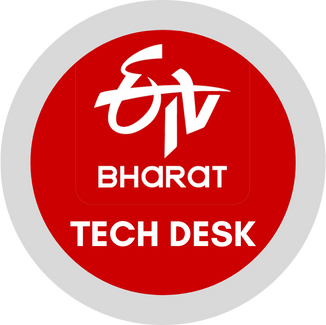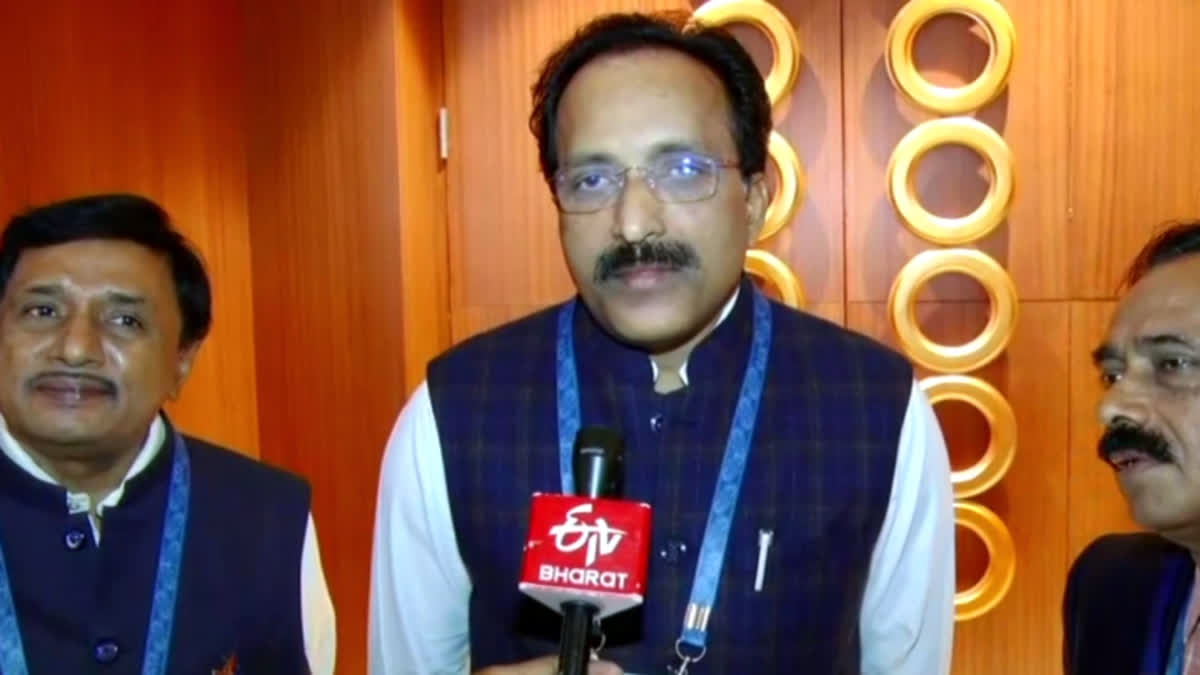Bengaluru (Karnataka): Indian Space Research Organisation (ISRO) chairman S Somanath on Tuesday asserted that the world space community needs to develop skills to go far beyond Earth's orbit, like the Earth-moon systems and solar planetary exploration.
Speaking to ETV Bharat, ISRO chief informed that India is conducting the 42nd Inter-Agency Space Debris Coordination Committee (IADC) meet for the third time, while Bengaluru is organising the meet for the second time.
"IADC is the global committee of Space agencies. Various aspects regarding space debris and its challenges are discussed in the forum. Space sustainability and orbital management are main concerns that we are trying to address, while technologies and various techniques to mitigate space debris are also," S Somanath added.
On being asked about the ISRO's ambitious mission Gaganyaan, S Somanath said, "Gaganyaan mission preparations are in full swing. Series of futer tests are planned and we will be working fully on the mission throughout the year. If all goes well we will conduct first manned mission to space at the second half of this year."
The ISRO chief praised the success of Chandrayaan-3 mission as well. "Chandrayaan-3 mission is over and we have conducted the tests successfully. We have collected all the science data. The statistics are in the review level. The final outcome will come out soon," he said.
Talking about Aditya L1, India's first solar observatory mission, Somanath said, "Aditya L1 is continued mission and will continue for the next five years. We have been consistently steadily observing the mission updates for a long period of time. Mass ejections, its impact on space weather and many other aspects will be studied for next five years."
Addressing the inaugural meet of the 42nd Inter-Agency Space Debris Coordination Committee (IADC), the ISRO chief said, "We also need to develop skills, especially when you are looking at future exploration, possibly not within the Earth's orbit, but also far beyond Earth's orbit, especially in the Earth-moon systems as well as in solar planetary exploration. I think all those areas are also becoming crowded. Especially domains like the moon are also becoming crowded. I believe that this group will be looking at that aspect as well in greater detail in the coming days."
S Somanath said that India is in the process of creating mechanisms and structures to ensure that debris is not generated. "We are creating mechanisms and structures within the space systems so that impact generated debris are not propagated substantially in large numbers. A lot of this has been going on in the last many years very well. We need all those activities much stronger in the coming days," Somanath said. He also issued a declaration saying that India aims to create debris free space missions by 2030.
Read More


